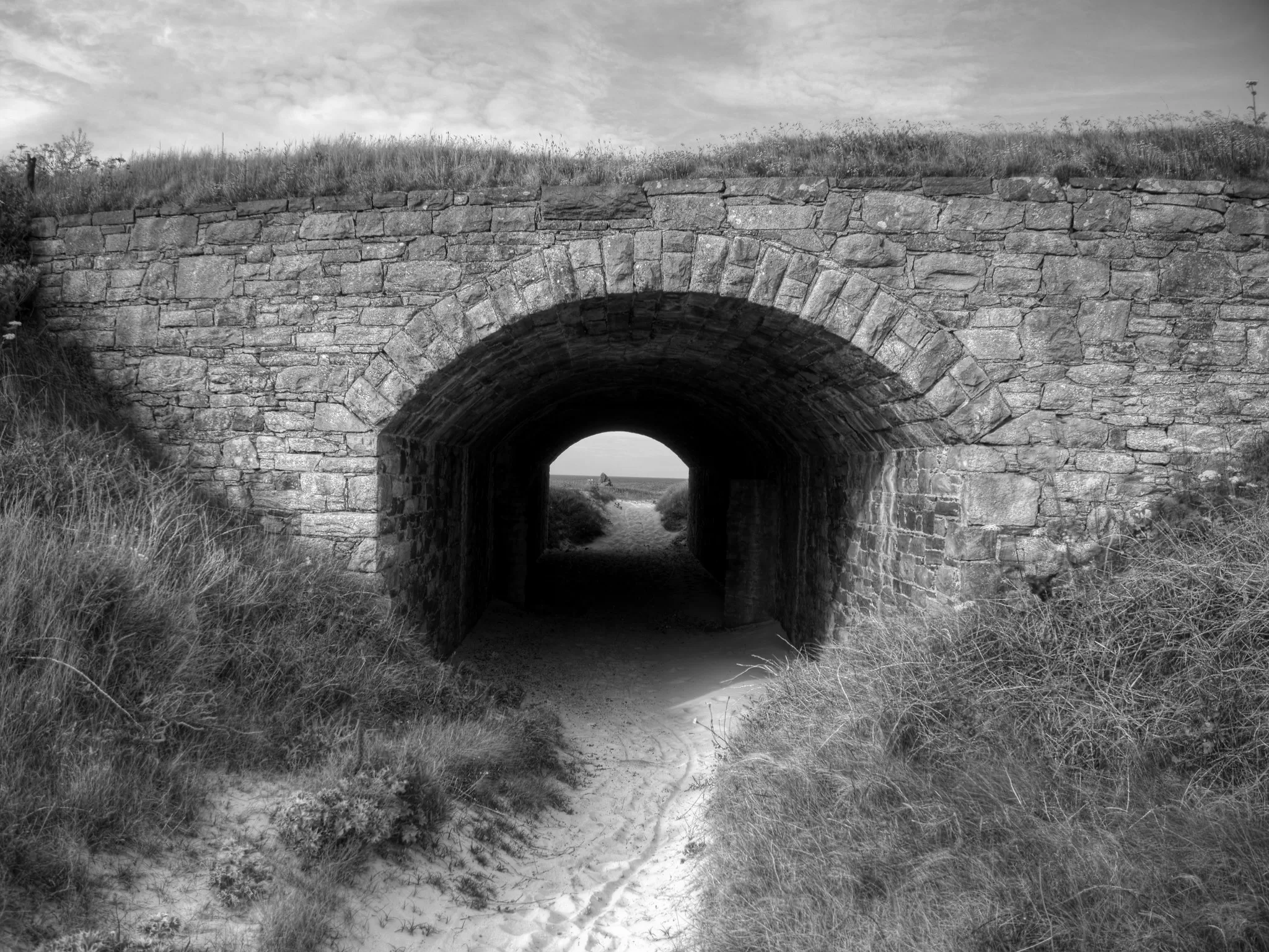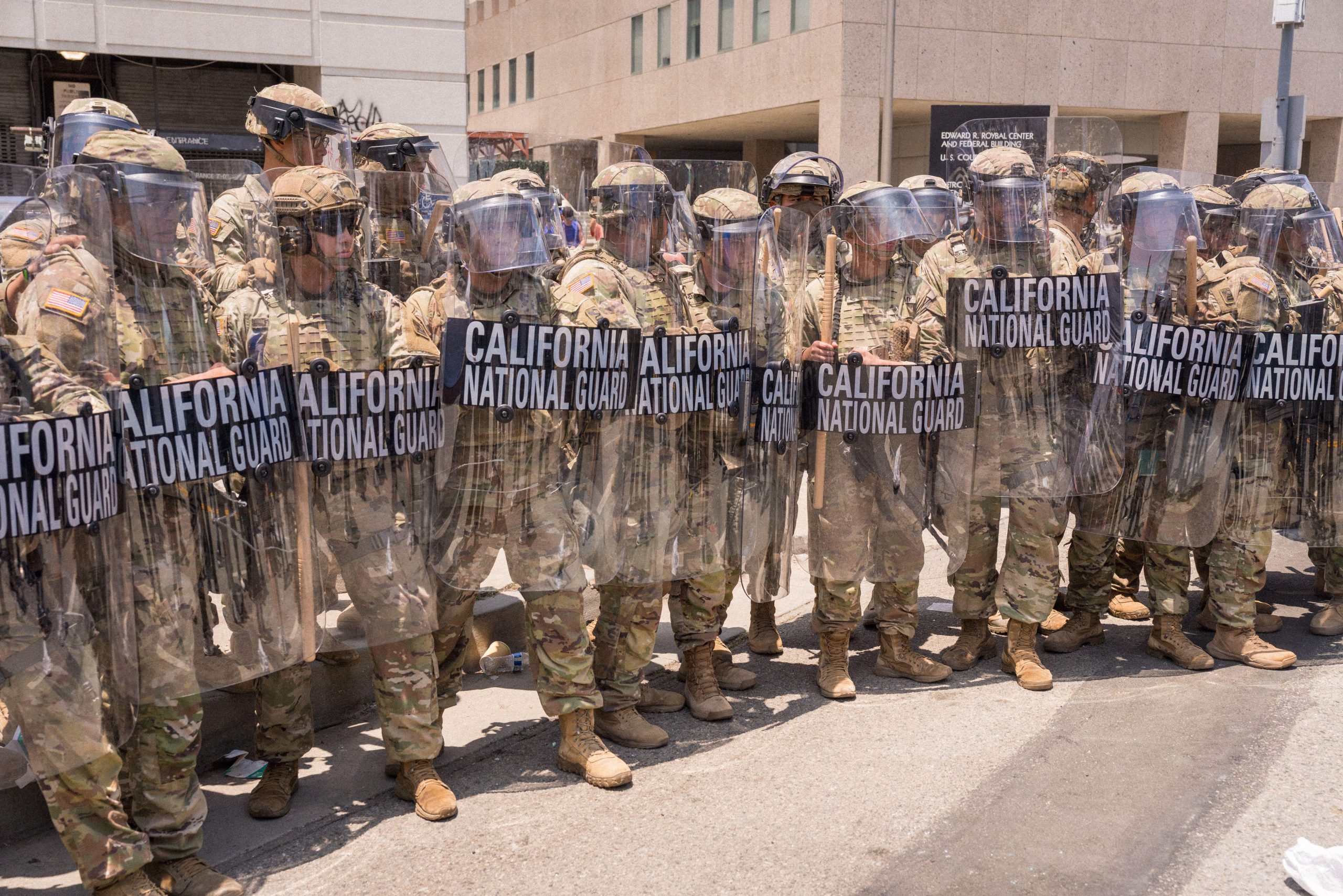As we celebrate the 80th anniversary of D-Day today, it is worth remembering that for one part of the British Isles the events have something of a bitter taste. As thousands of Allied troops landed on the beaches of Normandy on 6 June 1944, the residents of the Channel Islands, occupied by the Nazis for nearly four years, could have been forgiven for thinking their liberation was near. In fact, they had to wait another 11 long months, during which time they endured severe privations as supplies to the islands were cut off by the invading forces. As Madeleine Bunting put it in her book on Nazi rule in the Channel Islands, The Model Occupation: “Far behind Allied lines, the Reich’s British holiday islands were left to starve.”
For Channel Islanders, D-Day effectively marked the beginning of a siege, which denied them food, fuel and medicine. By September 1944 rations to islanders were cut to a minimum and reports by escapees from Jersey revealed that even the German soldiers were reduced to eating horsemeat and potatoes.
One letter from an islander quoted by Bunting written in the winter of 1944 said: “Life is not worth living, we cannot sleep at nights, we are so distressed … we are starving here … I wonder how much longer, it is more than human nature can endure.”
Last year, Index on Censorship broke the story that the UK government was planning a review into the numbers of prisoners who died on the island of Alderney, where the Nazis ran a series of camps for foreign slave workers. The review, published last month, concluded that more than thousand people could have met their end as a result of the Holocaust on British soil.
Lord Pickles, the UK’s Special Envoy on Post-Holocaust issues, who commissioned the report, concluded that it was “a stain on the reputations of successive British governments” that the war criminals responsible for the atrocities on Alderney were never brought to trial.
The history of the Channel Islands is still surrounded by silence. Unlike D-Day, the Occupation does not sit well with our collective narrative of sacrifice and heroism. We will never know the full scale of collaboration on the islands, just as we will never know the full scale of the suffering of the victims. This country has never fully come to terms with the reality of what happened.
The Pickles Review was designed to put an end to speculation about the numbers who perished on Alderney. But its findings are likely to prompt a further reassessment of Channel Islands history. For instance. one section of the review that received little attention on publication, written by Dr Gilly Carr from the University of Cambridge, concerns the Channel Islanders who worked on Alderney. With typical academic understatement, Dr Carr wrote: “More Channel Islanders from Jersey and Guernsey travelled to Alderney at various times to work during the German Occupation than has hitherto been acknowledged.”
The established narrative has always been that Alderney was evacuated before the Nazis invaded, leaving only a handful of residents who chose to remain behind. Although this was initially the case, the truth is that hundreds of Channel Islanders returned to Alderney to work, mainly as agricultural labourers, but also glaziers, joiners, carpenters and masons. Dr Carr’s research has found the names of 429 people, 341 from Guernsey and 88 from Jersey. Some of these individuals were interviewed by investigators after liberation but many, perhaps understandably, chose to remain silent. The revelation that large numbers of British people worked on Alderney servicing Nazi slave labour camps is perhaps the most shocking revelation of the whole review. It provides a sobering counterbalance to the D-Day celebrations and a chilling reminder of what might have happened had Hitler been allowed to invade mainland Britain.






